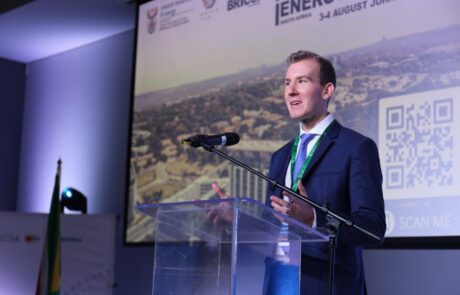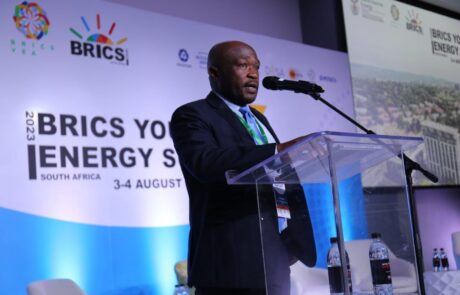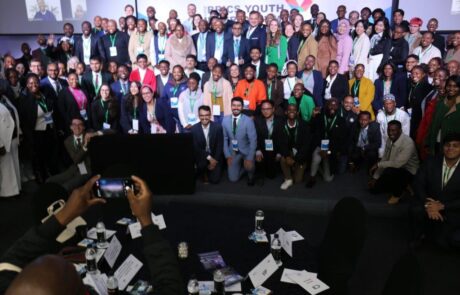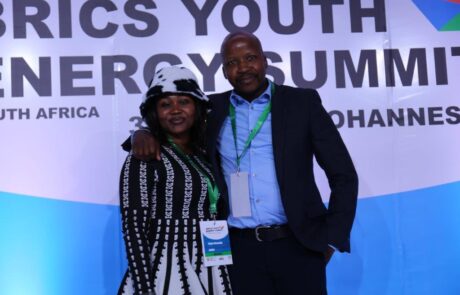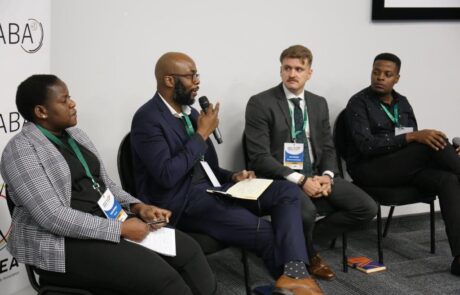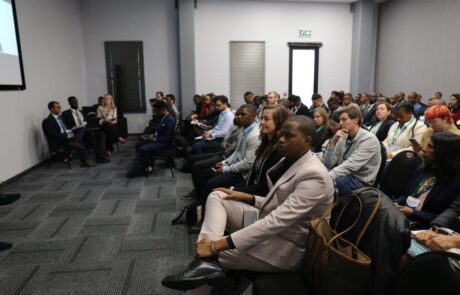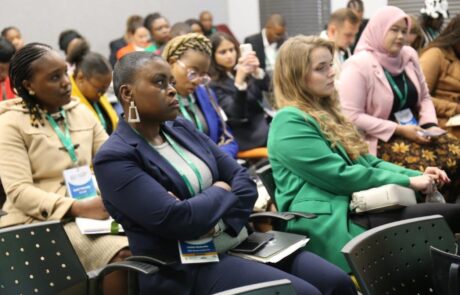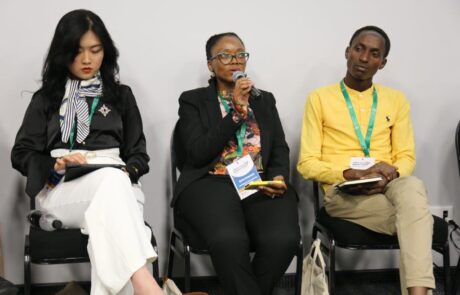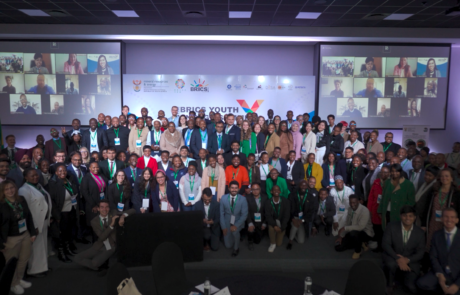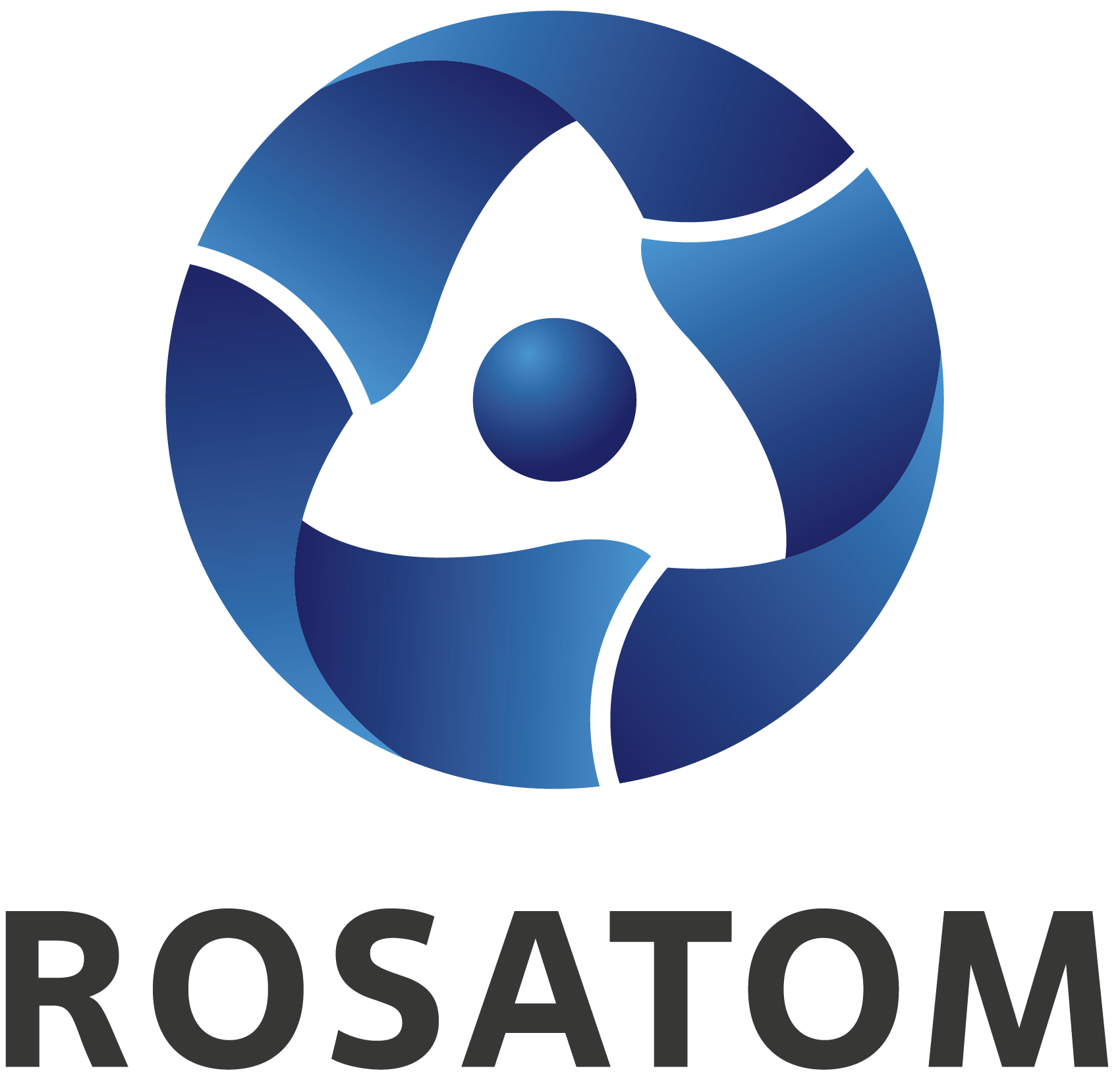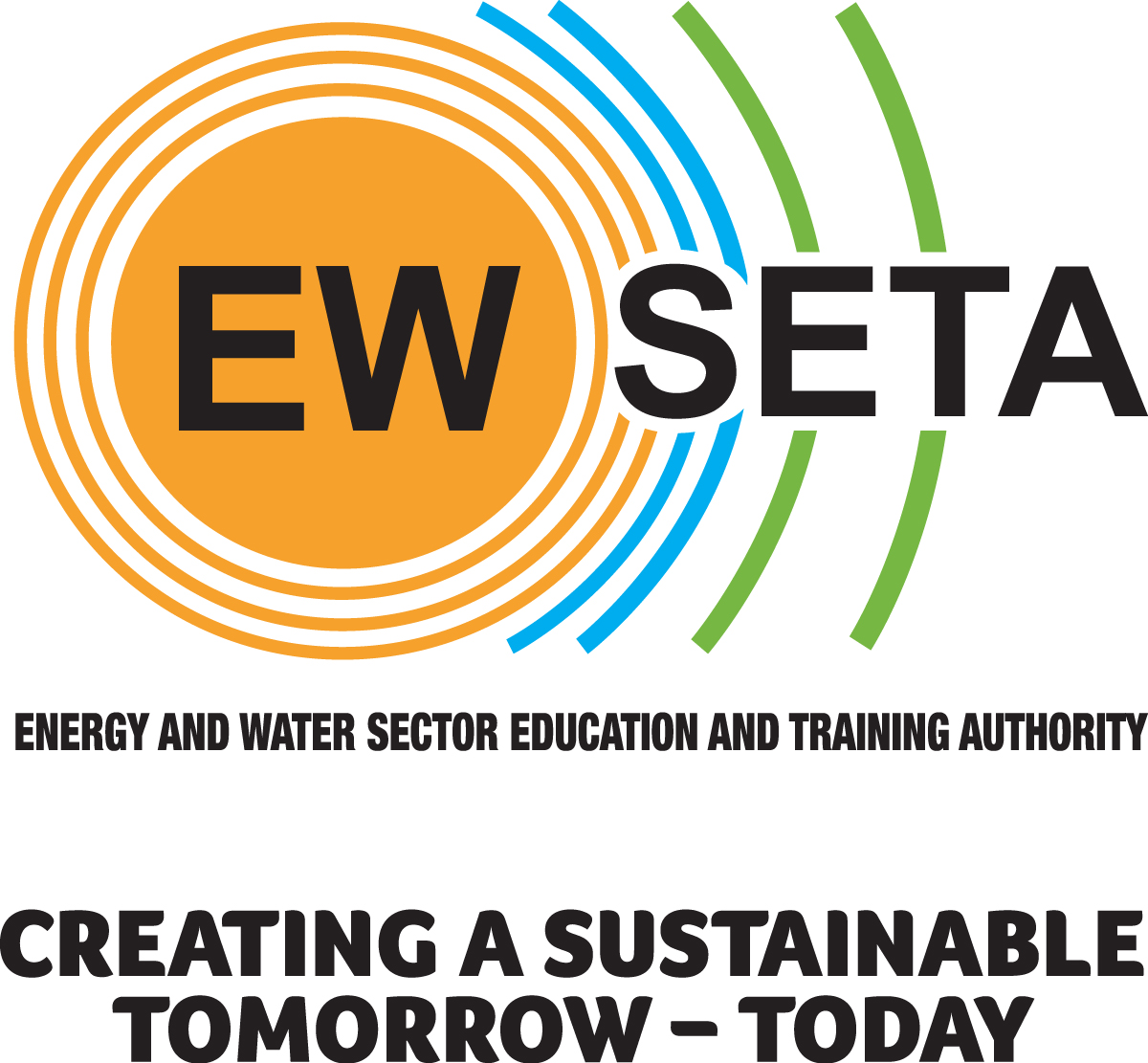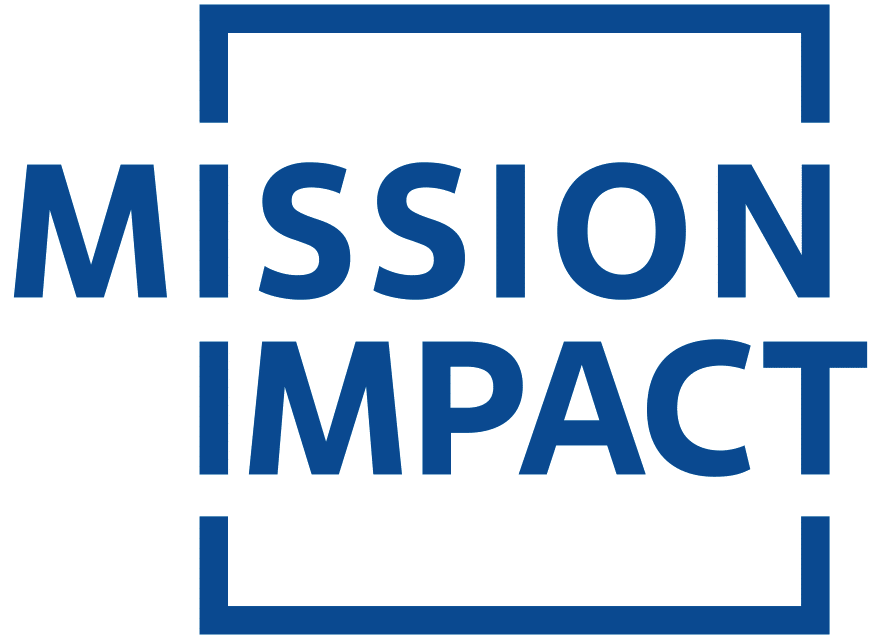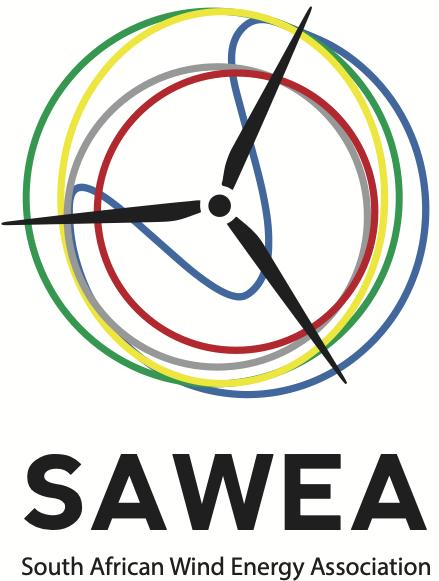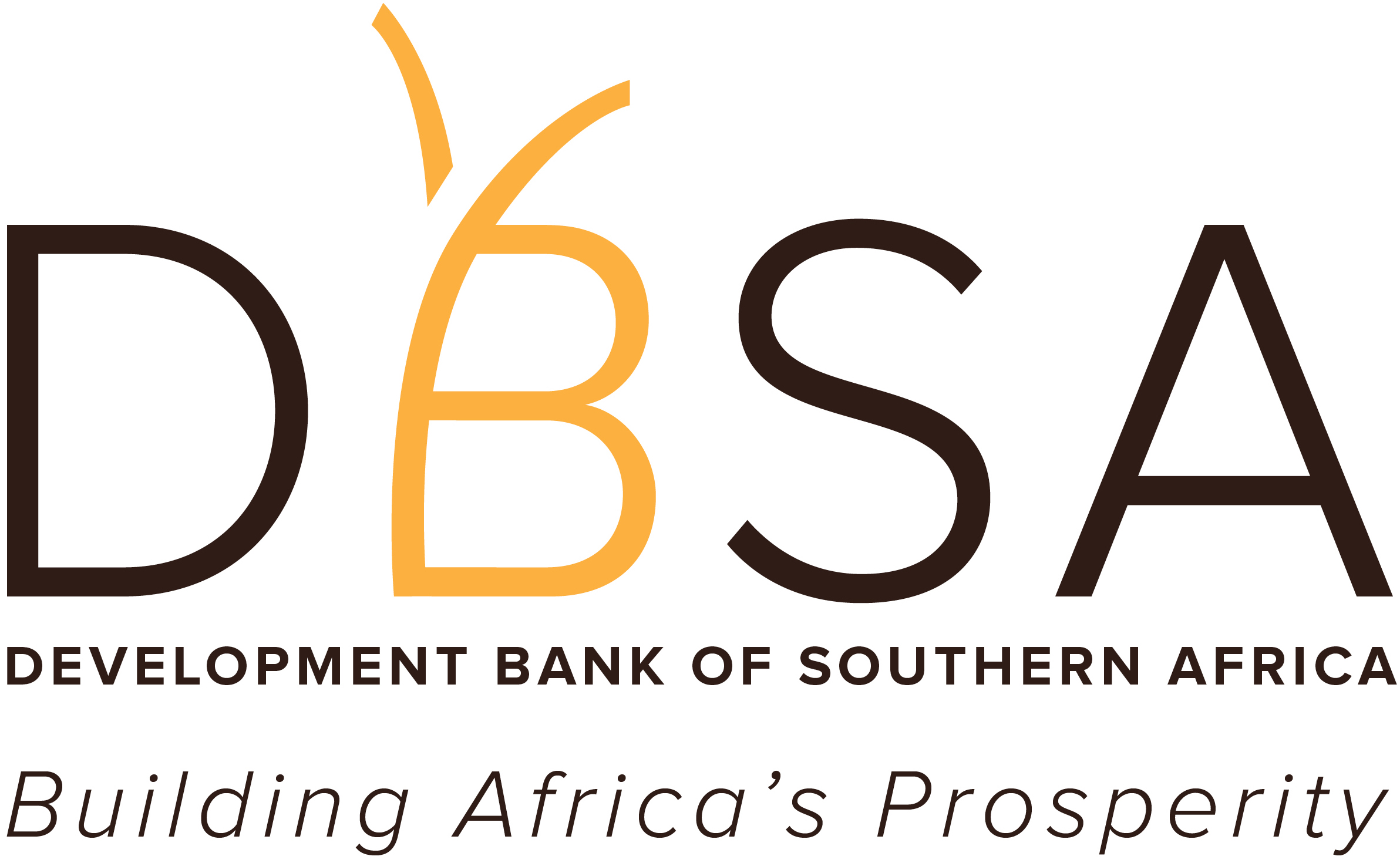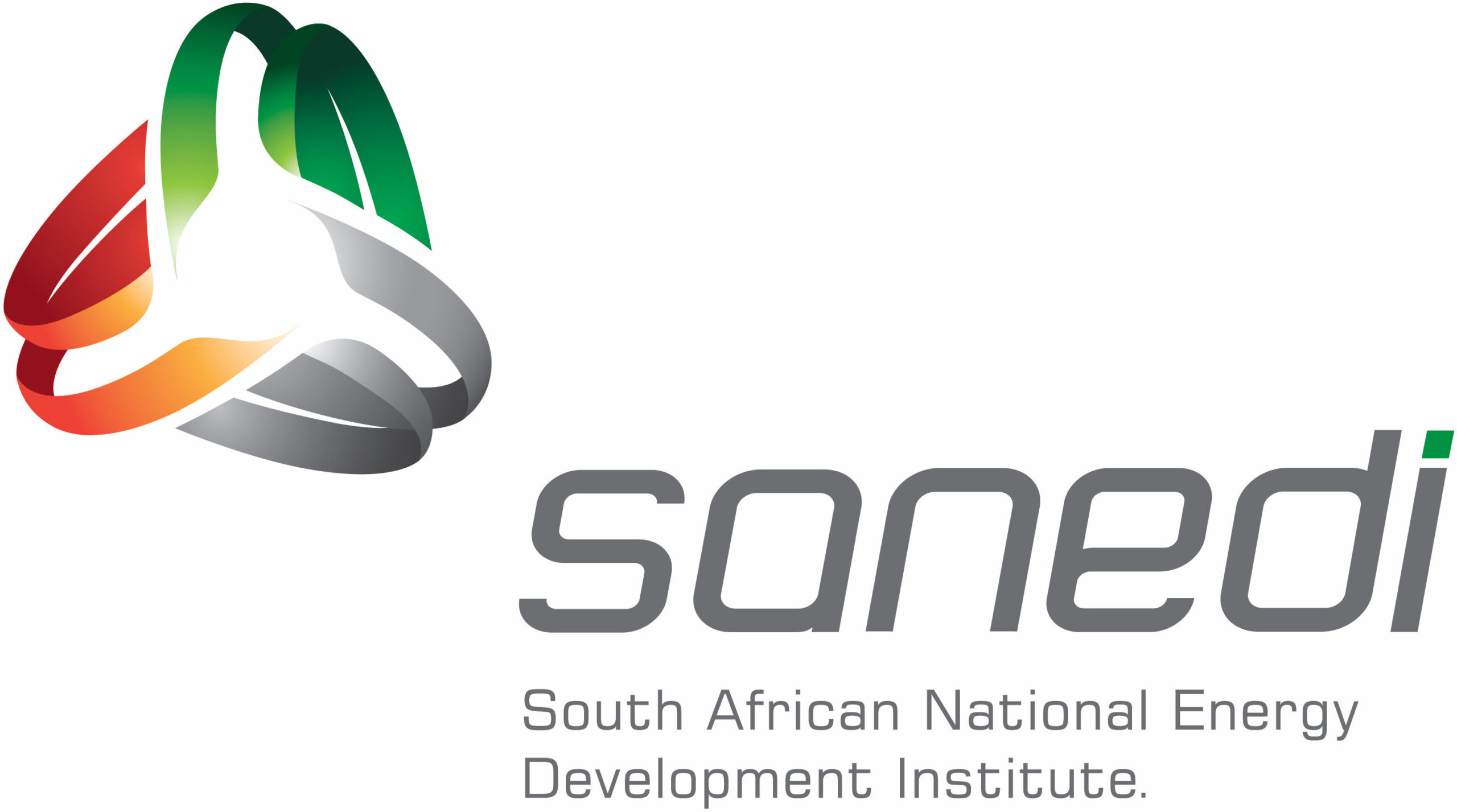

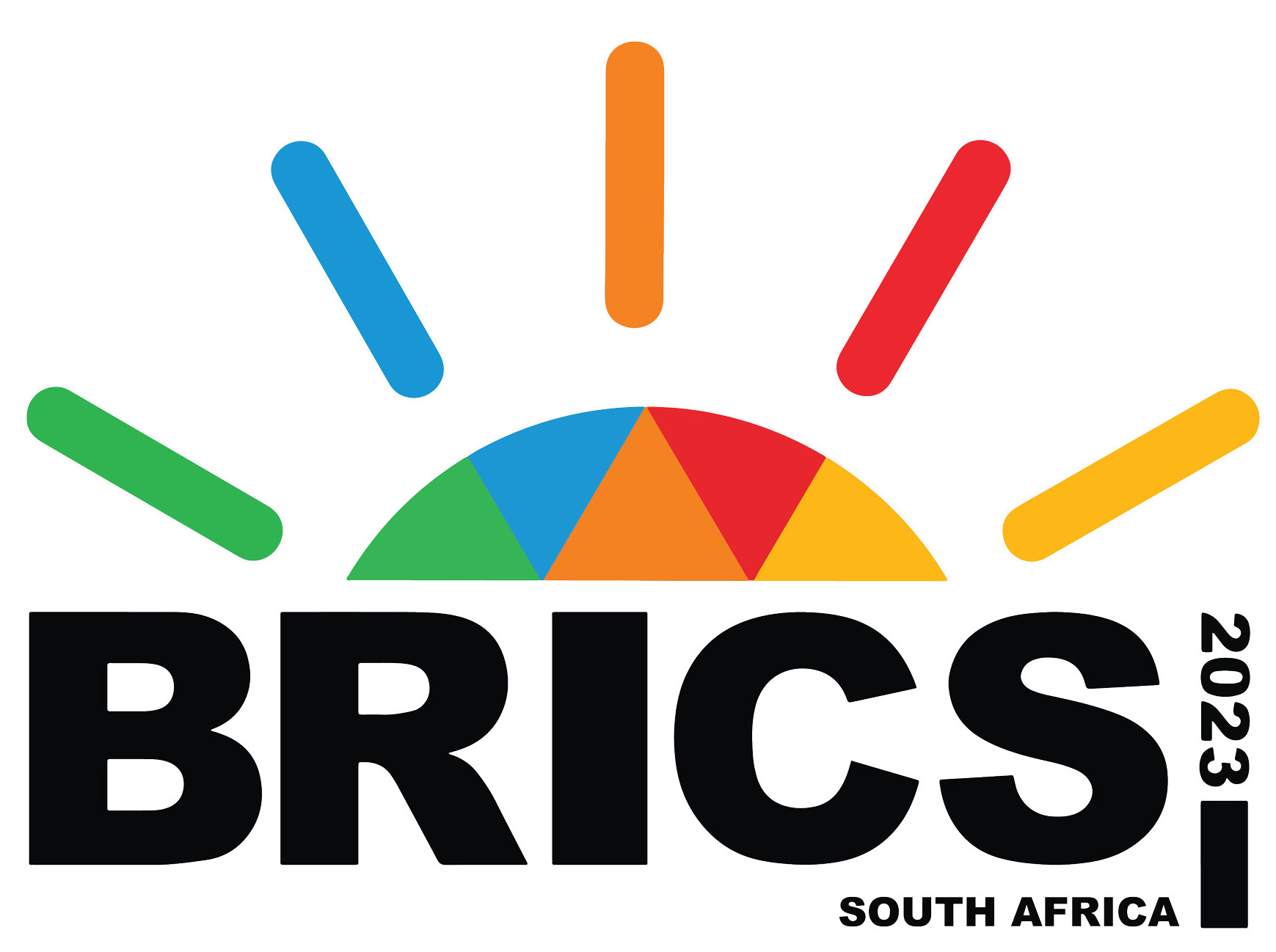

3-4 AUGUST JOHANNESBURG
Lastly updated: 10 December, 2023

3-4 August
Johannesburg
Last updated: 25 July, 2023
Plenary &
thematic sessions
August 2
7.00-8.00 pm
Briefing on the BRICS Youth Energy Declaration (Closed Meeting)
August 2
8.00-9.00 pm
WELCOME COCKTAIL (INVITATION ONLY)
August 3
9.00-9.45 AM
OPENING & KEYNOTE CEREMONY
The ceremony will serve as the official opening and keynote of the Summit. The session will feature two representatives of the host Party – DMRE and of the co-organizer BRICS YEA and other key stakeholders. The session will address the priorities and vision for South Africa’s BRICS Presidency in the field of energy, particularly leading efforts on ensuring energy access and security in all of Africa and empowering youth as the next generation of energy leaders.
August 3
9.45-10.30 AM
plenary session: THE ROLE OF YOUTH ENERGY ACTION UNDER THE SOUTH AFRICAN BRICS PRESIDENCY
The keynote session aims to explore the vital role of youth in shaping the South African BRICS Presidency’s energy agenda. It will focus on the priorities and vision for the Presidency, particularly in the field of energy, with a special emphasis on ensuring energy access across Africa and empowering youth as the next generation of energy leaders. The session will provide a platform to discuss innovative strategies, partnerships, and policies that can enhance youth engagement and mobilize their energy action to drive sustainable development in the region.
The events aim to stimulate interactive discussions among participants, encouraging them to share their insights, experiences, and recommendations on the role of youth in shaping the BRICS energy agenda. The discussions will delve into the challenges and opportunities for youth energy action, the importance of cross-sectoral collaboration, and the potential for sustainable energy solutions in Africa.
Questions for Discussion:
- What are the key energy priorities of the South African BRICS Presidency, and how can youth energy action contribute to achieving these priorities, particularly in ensuring energy access across Africa?
- How can South Africa and other BRICS countries empower youth to actively participate in decision-making processes, innovation, and implementation of sustainable energy solutions?
- How to foster energy transition in Africa through Policy?
- How to assure the circularity and sustainability of the green transition to net zero without putting additional pressure on the ecosystems?
August 3
11.00-12.30 pm
Thematic session 1: YOUTH-DRIVEN SOLUTIONS TO ENSURE ENERGY ACCESS IN AFRICA
In cooperation with financial institutions, government, and major business stakeholders, young people can lead on the solutions and make ensure that Africa has access to sustainable and modern energy.
Questions for Discussion:
- What are youth-led solutions that are changing Africa’s landscape in the energy sector
- How governments, businesses, and international organizations can support youth in accelerating their actions?
- Where is the financing available for youth-led projects in Africa?
- What BRICS solutions can promote energy access in Africa?
Thematic session 2: EMPOWERING GIRLS IN STEM
Empowering the next generation of energy leaders for South Africa and other BRICS countries should engage more girls and young women into the STEM professions to accelerate energy innovation and progress.
Young women make only up to 30% in the energy engineering and management, of the global workforce, and in BRICS countries, it is even less than that. Investing in the promotion of STEM professions among younger women contribute to the gender balance and increases the overall number of professionals who further contribute to engineering, IT, energy, and science application.
The five countries in line with established institutions like the BRICS Women Business Alliance have their own cases about supporting women in STEM, and young women already have their feedback. The youth has their own vision about the efficacy of the promoted STEM programmes and is eager to share their perspective about the implemented activities.
Questions for Discussion:
- What are available programmes to promote STEM in energy among girls in BRICS countries?
- How can these programmes better meet the current generation’s expectations about STEM professions?
- Are BRICS countries different in the girls’ engagement in STEM?
- Does intergenerational mentoring for women really help?
- Has the vision for women’s engagement changed in the past decade?
August 3
1.30-3.00 pm
Thematic session 3: ENSURING A JUST ENERGY TRANSITION IN AFRICA THROUGH INNOVATIVE EDUCATION AND TRAINING
While the BRICS countries are at different phases of the energy transition, they all agree that it has to be just and steady. When it comes to Africa, this is even more relevant. While the continent is still facing difficulties to ensure access to energy for all, it faces challenges to cut its fossil power generation and employ renewable energy considering the urgent climate action needs. Education is a basis for strategic changes in the African energy landscape.
Through education, the ‘net-zero’ approach instills into the education system and then reflects in new standards for clean and renewable energy while erasing the traditional energy of the curriculum. This creates a major threat for energy industries in BRICS and other developing nations where the traditional generation represents a significant sector of the economy.
On one hand, limiting energy education to net zero only establishes a new workforce that will not return to the carbon-intensive industry. On the other hand, the rapid transition to preparation of the ‘net-zero’ energy professionals only, leads to a gap in power generation, decommissioning of energy infrastructure which is still a part of national energy plans, and a significant decrease in welfare for families where children are being brought up.
At this session, we will hear from youth how education has to change to comply with the just energy transition for all, and how innovation & technologies can help countries with traditional generations get cleaner.
Questions for Discussion:
- Why energy transition is different for Africa?
- What education and training should look like to accelerate innovation in Africa?
- What BRICS solutions can be drawn to contribute to the just energy transition through skills training and education?
- How can youth take the lead on making changes to education in the energy sector to motivate and attract younger people to the industry?
Thematic session 4: LOW CARBON ECONOMY JOB OPPORTUNITIES FOR YOUTH
One of the critical issues for Africa is youth employment. The shift to a green economy could create 24 million new jobs globally by 2030, according to recent reports by the International Labor Organization. The energy sector might accommodate a half of them if it stays innovative and attractive for the current generation. The focus on green jobs with flexible schedule for young people have become crucial in the COVID-19 post-pandemic era, and this puts employers in completely transformed conditions.
The on-going energy transition has also affected the jobs market and restructured the demand for young professionals who are required to possess new skills and adjust to the changing market conditions.
As the BRICS Energy Research Cooperation Platform is producing the BRICS Energy Transition Skills Report, this session creates a space for BRICS youth to bring forward their demands and suggestions for fostering youth employability in green jobs and articulate skills that the future of energy needs.
Questions for Discussion:
- How energy industry can transform the labour market in Africa?
- What solutions can BRICS countries bring to Africa to mild the youth employment crisis?
- What are the skills needed for the energy transition?
- How can youth become proactive in creating the jobs they want together with businesses?
August 3
3.30-4.30 pm
Thematic session 5: CRITICAL MINERALS AND CIRCULAR ECONOMY (THE SDG7 ENERGY ENABLERS)
The global energy transition is characterized by an accelerated rate of clean technologies deployment to help mitigate the adverse effects of climate change by reducing carbon emissions.
Yet, manufacturing more green energy technologies requires an ever-growing amount of critical minerals, among which there is lithium, cobalt, nickel, and manganese. Despite being used to produce “clean” technologies, the extraction and processing of critical minerals remains a highly unsustainable practice and is associated with significant environmental implications.
On the end-of-life side, low-carbon energy technologies generate excessive streams of waste which contain metals that can be recuperated and reintroduced in the production cycle, thus reducing the need of extracting more. As of now, circularity remains one of the most promising solutions to curbing pollution and easing pressure on the environment where extraction and disposal take place.
At this session, delegates will learn about the impact of sourcing critical minerals needed for the energy transition and whether the existing negative effects could be removed through enhancing circular practices along the clean energy value chain.
Questions for Discussion:
- What is the interplay between accelerating the energy transition and sourcing more critical minerals?
- What is the environmental impact of extracting critical minerals?
- How can we ensure sustainability along the clean energy value chain to make sure that it is not just the end user who benefits from the transition?
- Can the circular economy be the solution to critical minerals depletion and waste management?
- How can we integrate circularity across the whole clean energy industry?
Thematic session 6: FOOD SYSTEMS (THE SDG7 ENERGY ENABLERS)
Climate change, pollution, and biodiversity loss disproportionately affect the food systems we rely on and our capacity to feed the world. Sustainable food systems get disrupted due to land degradation, water scarcity, and mismanagement of resources.
Meanwhile, energy can play a crucial role in enabling sustainable agrifood systems through its multiple applications: clean cooking can help solve the issue of unhealthy diets while improving energy access of individual households, especially in remote and rural areas. Clean cooling may contribute to reducing food loss through making harvested produce last longer and be stored in appropriate conditions.
The interplay between clean energy and food systems is also a cross-cutting sustainability issue as it impacts the ability of local communities, especially children, youth, and women, to actively participate in achieving the SDGs.
At this session, delegates will learn about the current challenges in agrifood systems transformation and what role clean energy can play in enabling more resilient and sustainable food.
Questions for Discussion:
- What is the agrifood landscape in BRICS countries?
- Which challenges exist in ensuring sustainable food systems in developing countries?
- How can the clean energy transition benefit the resilience of agrifood systems?
- What is the role of clean cooking and clean cooling systems in ensuring accessible and healthy diets?
August 3
3.30-4.30 pm
Thematic session 7: INNOVATION AND COOPERATION FOR MODERN NUCLEAR TECHNOLOGIES
Advancing research in nuclear technologies also requires a new skill set and extensive cooperation to ensure a safe technology transfer and prepare savvy workforce. Small modular reactors, floating nuclear power plants, and a closed nuclear fuel cycle are just some of the myriad of solutions that emerge on the energy scene.
To adapt to the pace of current technological change, the nuclear industry relies on innovations in all streams of action.
In this regard, it is also essential to opt for new engaging educational formats that enable the younger generation to shape a better understanding of the opportunities and technicalities that underpin the energy transition where nuclear energy plays a major role.
Questions for Discussion:
- Which nuclear technologies are the most promising in fighting climate change?
- What are the main areas for cooperation in nuclear energy?
- What are the innovative educational formats for the younger generation to know nuclear better?
- How can youth get engaged in nuclear technologies research and development?
August 3
4.40-5.40 pm
Thematic session 8: ENHANCING BRICS YOUTH ENERGY COOPERATION AT GLOBAL DECISION-MAKING FORA
BRICS countries are the powerhouse of global energy development, and their coordination at global decision-making forums has a great role to play in reshaping energy, climate, and environmental policies.
In this context, young people from the BRICS countries have a significant potential to influence global decisions by providing their common vision for the future of energy. Moreover, such cooperation at multilateral platforms can reinforce the position of the Global South as a whole as BRICS countries lead the energy agenda in their respective regions and thus promote well-balanced common approaches to better reflect the realities and needs of developing countries.
Yet, systemic and consistent cooperation of BRICS youth at global forums remains a rather ad-hoc activity whose potential is still untapped.
At this session, delegates will learn about key global decision-making platforms and explore how BRICS youth could work closely together to promote their approaches to tackling the most challenging issues in energy, climate, and sustainability.
Questions for Discussion:
- What are the main decision-making platforms in energy and climate?
- Which energy themes hold the most potential for BRICS youth to cooperate on?
- Which cooperation platforms can BRICS youth use to promote their joint vision?
- What are the barriers and options to step up such cooperation?
Thematic session 9: EMERGING GREEN HYDROGEN OPPORTUNITIES
Green hydrogen will play a crucial role in the energy transition. Green Hydrogen is required as a fuel for energy-intensive operations that cannot be made to run on electricity such as the manufacturing of steel, fertilizer, and several chemical compounds are a few examples, as well as the aviation and shipping industries. Unlike fossil fuels, when hydrogen is burned, it generates only water as a byproduct, meaning no harmful greenhouse gas emissions. For this reason, it is an attractive fuel for the future.
Investing in the hydrogen economy brings major opportunities to the region. It could lift local industry and create new jobs because of the operation and, in some cases, manufacture of the equipment for solar and wind farms, electrolyzers, pipelines, and desalination units and for the conversion of hydrogen into derivatives such as ammonia and methanol that can be transported more easily. The study by the Department of Science and Innovation, Bambili Energy, and Engie revealed there are multiple benefits that the hydrogen value chain could help unlock, including adding more than $3.9bn to the country’s GDP by 2050 and creating more than 14,000 jobs per year.
Africa’s abundant sun exposure means that the continent could become a reliable source of renewable energy and thus a valuable player in global Green Hydrogen energy value chains.
Furthermore, Africa’s potential to become a key hub for Green Hydrogen production is underpinned by its geographic competitive advantage, well-established regional power pools, and the movement towards free trade in goods and services under the African Continental Free Trade Agreement.
In South Africa, Green Hydrogen is identified as one of the priority areas to support the economy of the future, together with New Energy Vehicles and the Electricity Sector, in the Just Energy Transition Investment Plan. Sasol has announced partnerships with different companies to push Green Hydrogen Research and development and opportunities, just to mention a few.
The session focuses on the Green Hydrogen economy as a new sector and the opportunities it presents to young people in Africa and BRICS countries.
Questions for Discussion:
- What are the opportunities that green hydrogen presents in Africa and BRICS countries?
- What are green hydrogen value chain outlines?
- What are the requisite skills needed for young people to participate in the sector, who offers them and are there any opportunities to acquire those skills?
August 3
6.30-8.30 pm
Gala Dinner
August 4
9.00-10.00 PM
BRICS YOUTH ENERGY OUTLOOK: NEW Vision 2023
Description:
This session will mark a new vision for the BRICS Youth Energy Outlook, which has been published in 4 editions since 2015 while managing to keep up with the changing energy and climate landscape. We will celebrate the legacy of the project and explore how the upcoming 5th edition of the BRICS Youth Energy Outlook should take shape.
The Outlook will continue to provide a platform for young researchers from BRICS countries to share their findings and best practices on energy trends, challenges and prospects for the future. The BRICS Youth Energy Agency has actively engaged young professionals and universities from the BRICS community to contribute to the research, resulting in a comprehensive and youth-driven perspective on the energy landscape.
Our aim is to navigate the energy transition in a changing world, driven by the critical science- driven vision of the younger generation.
At the session, young researchers from across BRICS will share their experiences from past editions and shape vision for the Outlook by integrating the Outlook legacy into new areas for improvement and ways to enhance the impact of the report.
This session will also highlight the significance of youth-driven insights in shaping energy policies for emerging economies.
As we gather to discuss best practices and areas for improvement in South Africa, we will build upon the success of the previous reports, including the presentation of the last edition at the UN Conference on Climate Change (COP27) at the SDG7 Pavilion in Sharm El Sheikh, Egypt.
Together, let’s embark on a journey towards a more sustainable and energy-efficient future, driven by the innovative ideas and vision of the BRICS youth community.
August 4
10.00-11.00 AM
Presentation of BRICS Youth Energy Declaration for the upcoming meeting of the BRICS Ministers of Energy & closing
Description:
Youth delegates to present and share their vision for BRICS energy cooperation, energy access, and security in BRICS and Africa informed by fruitful discussions throughout the Summit/ Youth delegates to be presenting key messages from the Declaration.
August 4
11.00 AM-
3.00 PM
Technical energy site tours
AFRICA SAYS YEA
As South Africa takes over the BRICS leadership for the third time, the national energy sector faces major challenges that needs strategic solutions where the role of the younger generation of professionals is instrumental.
To address this, Department of Mineral Resources & Energy together with BRICS YEA convene the V BRICS Youth Energy Summit which is a flagship Youth Energy Conference and a Summit of Youth-Led Energy Organizations from the BRICS countries and beyond to The Global South.
The Summit will take place on 3-4 August in Johannesburg (Sandton), Gauteng Province, South Africa.

